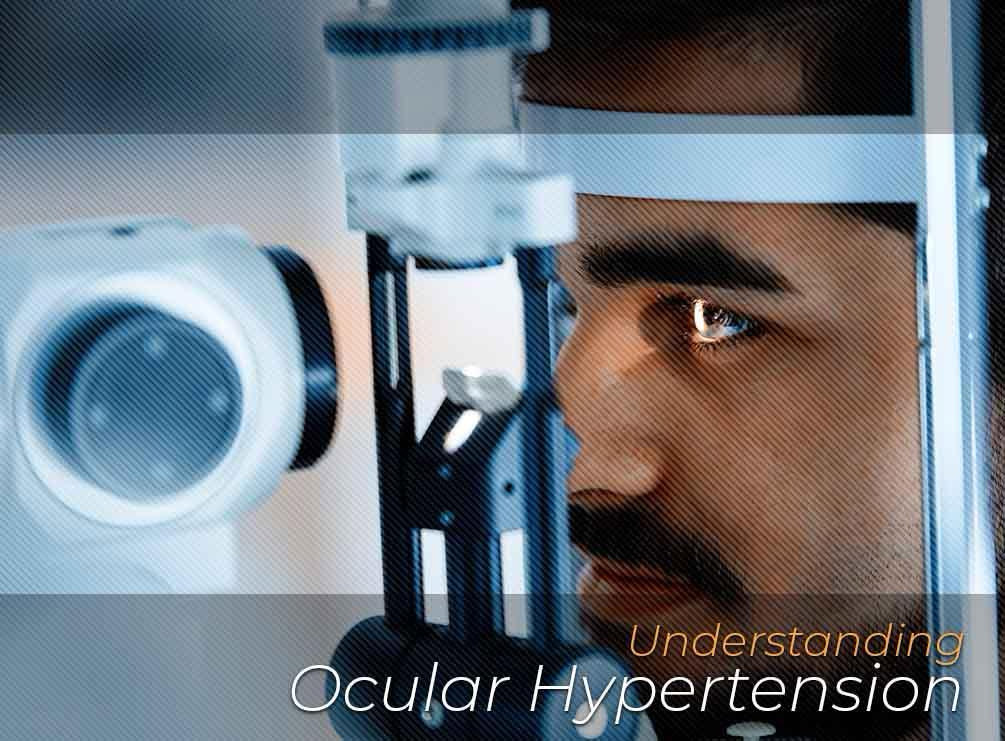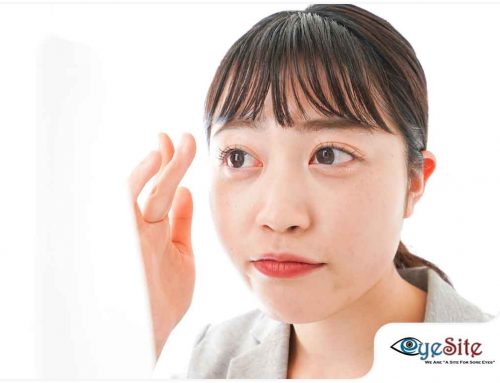Uncontrolled and consistent high blood pressure may lead to a vascular condition known as hypertension. Without effective treatment, this can cause other health complications, including ocular hypertension, also known as hypertensive retinopathy. Read on as your expert cataract doctor from EyeSite of The Villages sheds light on this condition.
How It Develops
Chronic hypertension may cause your blood vessel walls to thicken over time, impairing the blood circulation in your body. This limits oxygen and nutrient delivery to different parts of your body, including your eyes, compromising your visual processes. You may develop blurry or dimmed eyesight when this happens. You may also experience frequent and severe headaches.
How It’s Different From Glaucoma
Your glaucoma doctor explains that ocular hypertension occurs as a complication of long-term systemic high blood pressure. It develops when the blood supply to your eyes is inadequate. While you may experience changes in your vision, there are no signs of optic nerve damage.
On the other hand, glaucoma happens when your eye fluids fail to drain normally. This causes your intraocular pressure to rise and may eventually compress your optic nerve. As a result, visual signals do not reach your brain, impairing the image translation cycle.
Managing Ocular Hypertension
Keeping your blood pressure stable is the priority in every ocular hypertension treatment plan. This is why we emphasize the need to take your antihypertensive medications on time every day, as advised. Eating healthy foods, exercising daily and avoiding smoking are also essential. Undergoing a comprehensive eye exam on a regular basis, especially if you or any of your relatives are hypertensive, is necessary as well.
For any questions about hypertensive retinopathy, call us at (352) 504-4560. We see patients from Wildwood, FL, and nearby areas.





